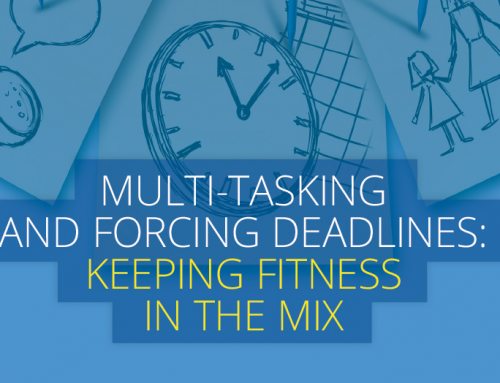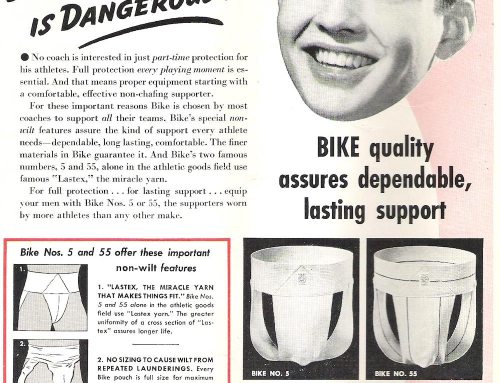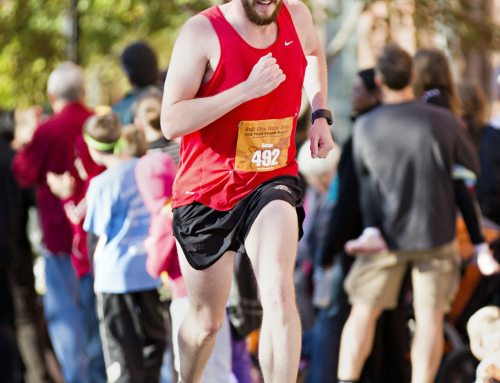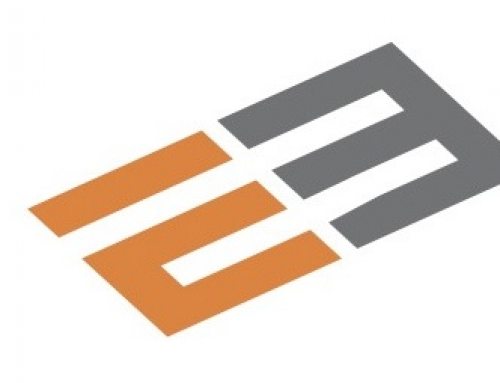By Matthew Clancy
There’s a difference between improving one’s self and actually changing one’s self. Improvement takes hard work. Change is just plain hard. The difficulty with change is that it requires us to move in an alternate direction while taking little of our former selves with us. What we know is simply a mechanism for our personal security and protection from our insecurities. Change is the relinquishment of that knowledge as we head into a world of unknown. It is in this world that we open ourselves up to new possibilities and ultimate growth.
The mirror is a good place to start on your path to change. Taking a real look at yourself from the inside out can extract belief to who you truly are, and who you can possibly be. Believing that you have the ability to change is pure strength. You’ll need a lot of strength, for change is like endurance sports. It doesn’t happen quickly, without a great effort, or without belief in one’s self.
Though change is a very personal experience, it doesn’t have to be an isolated one. Expressing to others your intentions for change not only elicits help, it makes those intentions more real. Share not only what it is you intend to do, but the reasons why you are doing them. People connect and relate better when actions are associated with motives. Change isn’t comfortable, either, and doing something new is going to challenge your sensibilities and make you vulnerable. You don’t have to go it alone. Find others engaged in similar activities to you.
But once you’ve made the decision to change and have determined your actions, take that first step forward. Momentum is your greatest ally. Move. Act. Engage in activities that connect with your purpose and keep you going forward. Once you put into action your intentions and desires, you increase your potential for change and the realization of your growth.
Keep in mind, however, that every action has a greater or equal reaction. This can be defined as growth or as friction, depending on the alignment of your actions. You determine your growth and change by how little your actions are met with friction. The hardest way to change is to continue to perform old habits that conflict with your new ones. Realize that some things in your life will have to be discarded in order to grow and change.
Accept that physical, emotional, and spiritual change doesn’t happen as quickly as your decision to do so. Realize that change is more than a process. It’s a practice of constant support, intention, and action. Relinquish your attachment to the outcome and focus more attention on the steps it takes to continue moving in the right direction. It is here that you will find growth and purpose. It is here you will achieve true potential and true self.
The Six Steps to a New You
1. Believe in your potential. Acknowledge that you have the ability to achieve great things in your life. Circumstance does not determine outcome. Where you are is not necessarily where you are destined to be.
2. Establish your support staff. Enlist the help of family, friends, peers, and professionals. The more you tell others, the more your potential begins to manifest itself in the real world. Once you realize your potential, you can achieve it.
3. Open yourself to change. Let go of the past, the known, the ego, and find humility. Your growth as a person is determined by how little you allow your former self to dictate your new actions. Engage in the world of uncertainty.
4. Put your plan into action. Determine your current position. Map out your direction. Locate as many routes toward it while taking one step at a time.
5. Eliminate conflict. Establish healthy habits. Let go of past actions and associations that conflict with these new habits. The path of least resistance doesn’t make the journey any less important or real, it simply allows for greater achievement and growth.
6. Name your goals. Put forth short or intermediate goals during your process of change. Avoid any outcome goals that are either too grand or too distant. Stay focused in the present.
# # #
Matthew Clancy is a certified endurance sports coach with a master’s degree in sport psychology. He is the founder of Compass Elite, LLC, a performance coaching company. For more information on Compass Elite, LLC or to contact Coach Matt, please visit www.compasselite.com.





